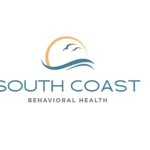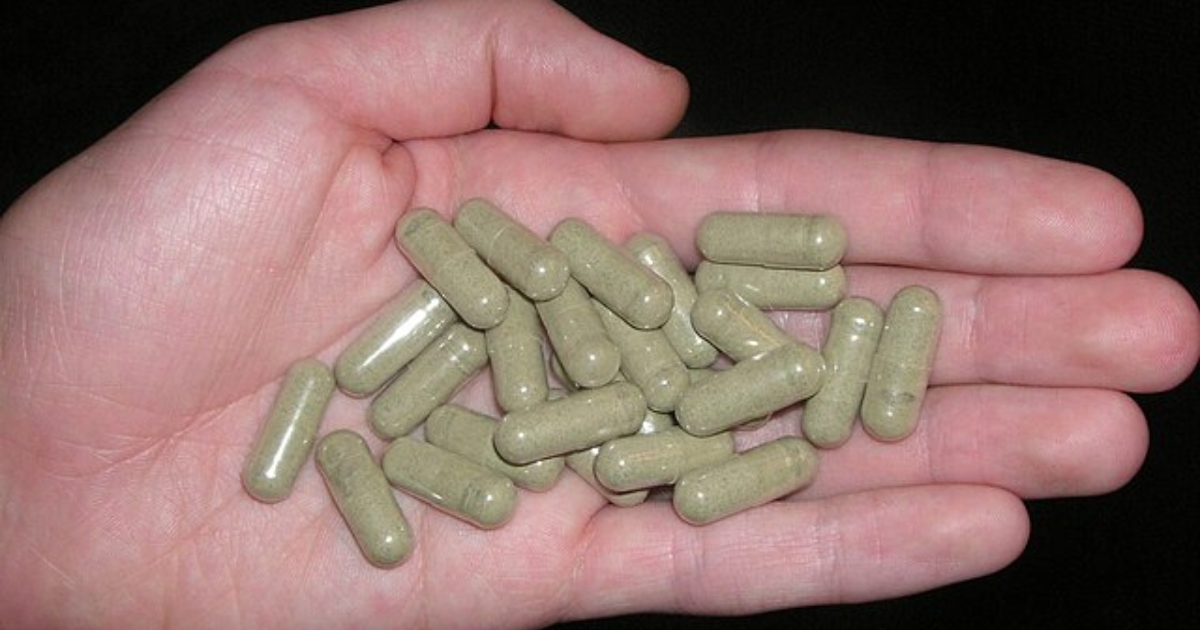With the stigma of mental illness declining, more and more people are seeking inpatient mental health treatment.
That’s good news because there are millions of Americans that suffer from mental health problems every year. In 2022, 19.86% of American adults – nearly 50 million people – experienced some sort of mental illness. And, according to the Centers for Disease Control and Prevention, over 50% of all Americans will be diagnosed with a mental illness at some point in their lives. However, not everyone gets the help they need.
It’s therefore unsurprising that mental health care has become an increasingly popular topic of discussion.
In this article, we’ll go over what mental health care is, common mental health issues, and the importance of inpatient mental health treatment.
What Is Mental Health?
Mental health is an umbrella term that refers to a person’s psychological and emotional well-being. It encompasses everything from effectively managing one’s thoughts, emotions, and behaviors, to maintaining positive relationships with others, adapting to change, coping with stress, and contributing productively to society.
Factors that influence mental health include biological, psychological, and environmental elements. Genetics, brain chemistry, and early childhood experiences can all play a role in shaping one’s mental well-being.
Mental health is fluid and can change over time due to various stressors, life events, or personal circumstances. There are various mental health issues that can arise when these things happen, but not everyone is prepared to handle them.
South Coast Behavioral Health recognizes the importance of mental health – not just as the absence of depression or anxiety but as the presence of holistic well-being.
What Are Some Common Mental Health Conditions?
There are a variety of mental health issues and conditions that can develop within a person. The three most common mental health issues are clinical depression, post-traumatic stress disorder (PTSD), and anxiety disorder.
Together, they make up 30% of all diagnosed mental health issues in the United States. These disorders are also highly correlated with substance abuse – an occurrence known as dual diagnosis. It can be hard to ask for help, but only professional treatment offers a chance at recovery.
What Is Depression?
Depression is a mental illness in which a person suffers from prolonged feelings of hopelessness, loneliness, and emptiness. It has a serious effect on how someone thinks and feels about themselves or the world around them. They may also suffer from irritability and a lack of motivation. Someone experiencing depression may not enjoy things they once loved or see decreased functioning at work or school. It’s not easy to ask for help, but it’s important to do so when depression takes hold.
Other symptoms of a depressive episode can include:
- Loss of interest in previously-enjoyed activities
- Withdrawal from others
- Disrupted sleep patterns
- Eating issues
- Fatigue
- Feelings of worthlessness
To have clinical depression, depressive symptoms have to be present for more than two weeks.
According to the National Institutes of Health, 18% of those diagnosed with depression had a drug use disorder and 16.5% suffered from alcohol use disorder.
What Is Anxiety?
Anxiety is often thought of as mere nervousness or worry. It’s perfectly normal that everyone will have things that they worry about at different times in their lives. However, clinical anxiety is much more than that. Anxiety that is clinically diagnosed, at its most basic form, is the inability to control one’s own worry, which can then take different forms.
Clinical anxiety symptoms can include the following:
- Difficulty concentrating and making decisions
- A sense of impending danger
- Sleep issues
- Sweating
- Rapid breathing
- Increased heart rate
- Digestive issues
There are several different types of anxiety disorders, including generalized anxiety disorder, obsessive-compulsive disorder, and post-traumatic stress disorder.
One study showed that 4.2% of those with any anxiety disorder either abused or were dependent on alcohol. The same study found that, of those with any anxiety disorder, 7.6% either abused or were dependent on drugs.
What Is Post-traumatic Stress Disorder?
Post-traumatic Stress Disorder, or PTSD, is a mental health condition that can develop after experiencing or witnessing a traumatic event, such as a natural disaster, assault, or war. PTSD can cause flashbacks, nightmares, and heightened anxiety, often leading to avoidance of situations that may trigger these symptoms.
Other PTSD symptoms include:
- Intrusive memories
- Disturbing thoughts
- Being easily startled or frightened
- Difficulty sleeping or breathing
- Always feeling on edge
- Irrational or unpredictable outbursts of anger
About five of 100 adults in the US receive a PTSD diagnosis every year. Studies show that 25 to 34% of those with PTSD may also require substance abuse treatment.
Other Mental Health Issues
Other mental health disorders include:
- Bipolar disorder: Bipolar disorder is characterized by extreme mood swings, including episodes of mania (elevated mood, increased energy, and decreased need for sleep) and depression. The severity and duration of these episodes can vary, and they may be interspersed with periods of stability. Bipolar disorder and substance abuse have a 40% comorbidity rate.
- Schizophrenia: A severe mental health condition that affects a person’s thoughts, perceptions, and behavior. Symptoms may include hallucinations, delusions, disorganized speech, and difficulty with concentration and motivation. Schizophrenia typically requires long-term treatment and support. Someone with schizophrenia may have up to a 40% chance of also being diagnosed with a substance use disorder sometime in their life, but there are ways to stop it.
- Attention deficit hyperactivity disorder (ADHD): A neurodevelopmental disorder characterized by symptoms of inattention, hyperactivity, and impulsivity. ADHD can impact a person’s ability to focus, complete tasks, and maintain relationships. Treatment may include medication, behavioral therapy, or a combination of both, but it is consequently dependent on the person.
Each of these conditions can cause significant disruption to a person’s life, making it hard for the individual to participate in daily activities. Moreover, they are all highly comorbid with substance use disorder. Those with mental health issues occurring in parallel with their substance use disorder require dual diagnosis treatment.
Good mental health is about more than just the absence of discernable mental health issues, like anxiety or depression. During someone’s life, it is certainly important to foster positivity in order to live a happy and healthy life.
How Do We Treat Mental Health?
That depends on the disorder and the treatment center.
At South Coast Behavioral Health, mental health treatment can take a wide variety of forms such as:
- Individual mental health counseling
- Inpatient care
- Outpatient care
- Group therapy
- Family therapy
- Medication management
- Psychoeducation and information
- Life skills training
- Support groups
Treatment plans are individualized and tailored to each person’s needs, and may incorporate a variety of medications, therapies, supports, and lifestyle changes.
What Is Inpatient Mental Health Treatment?
Inpatient mental health treatment also offers round-the-clock monitoring and care. It offers those in need a safe, secure, and supportive environment in which to heal.
Oftentimes, a person at an inpatient treatment center will have an assigned single or shared room. They may eat in groups and regularly attend one-on-one or group therapy sessions.
At South Coast Behavioral Health, our inpatient mental health treatment is tailored to the needs of the individual. We explicitly address all issues someone has following a consultation with the staff.
Our team consists of dedicated inpatient mental health professionals who work together to provide a comprehensive approach to recovery. The staff is on-hand 24/7 during inpatient care to provide unwavering support so someone can focus on getting better. The earlier you start getting help, your results will correspondingly improve.
People at our California inpatient treatment facilities receive constant medical, emotional, and addiction support during their stay so they can focus on getting better.
Inpatient Mental Health Treatment in California
South Coast Behavioral Health also provides inpatient mental health and substance abuse treatment in the state of California.
We have inpatient mental health treatment facilities across Southern California, with Residential Treatment in Costa Mesa, Irvine, and Huntington Beach. We also offer Partial Hospitalization in Newport Beach and Intensive Outpatient Treatment in Newport Beach so contact us today. It’s especially important for those who also abuse substances. They are equally dangerous issues, especially when causing issues at the same time.
If you or a loved one are struggling with mental health issues or substance abuse, call us at 866-881-1184 or click here to contact us. Additionally, our staff will resolve any doubts or questions you may have, so don’t wait to call. Don’t let earlier doubts about recovery dissuade you, especially when help is so close.
REFERENCES:
- Mental Health Information: Statistics – NIH
- Adult Data 2022 – Mental Health America
- Post-Traumatic Stress Disorder – NIH
- Mood Disorders and Substance Use Disorder: A Complex Comorbidity – PMC
- Treating posttraumatic stress disorder in substance use disorder – BMC Psychiatry
- The prevalence and significance of substance use disorders in bipolar type I and II disorder – PubMed
- Morbidity and mortality in schizophrenia with comorbid substance use disorders – PMC









